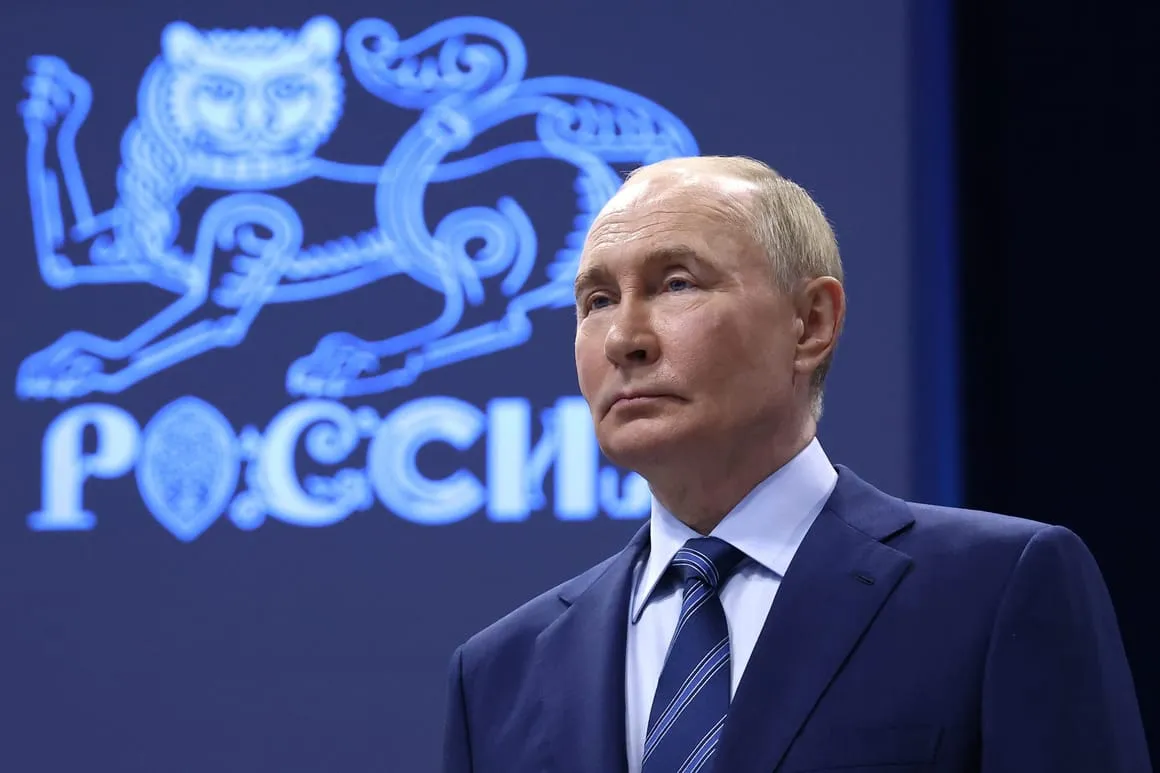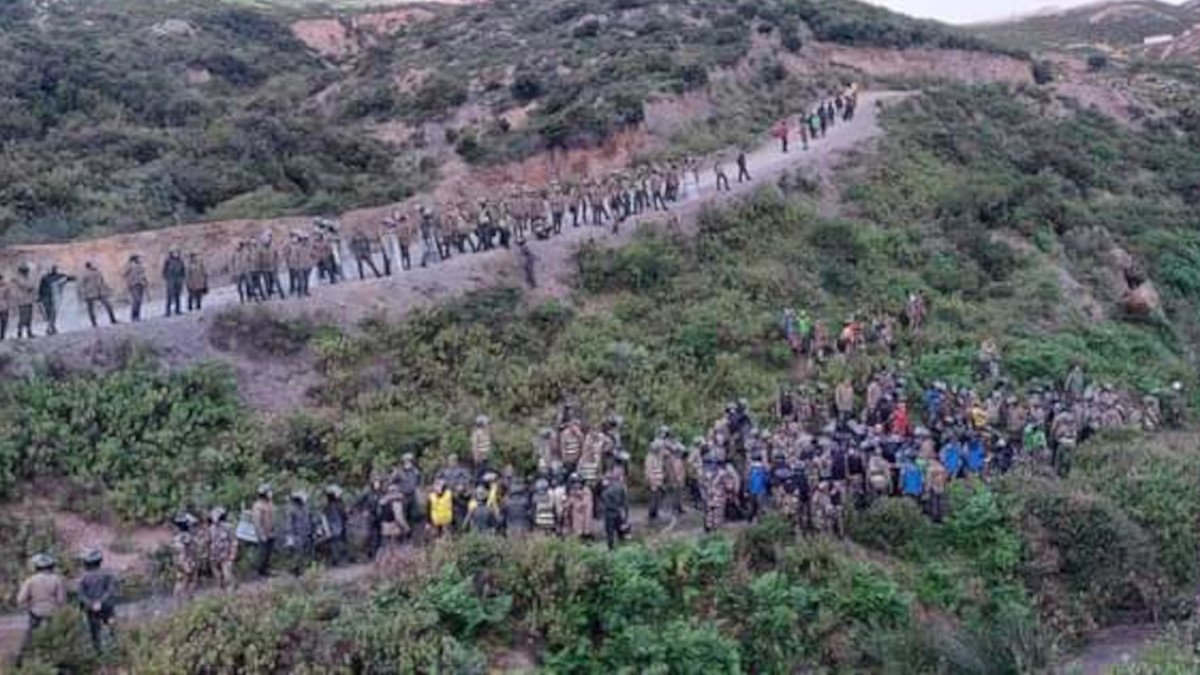Putin's Next Coup: Russian Influence in Eastern Germany
BERLIN — While Vladimir Putin may be grappling with Ukraine’s unexpected incursion into Russia’s Kursk region, he is poised to celebrate significant gains further west — in Germany. In the upcoming regional elections across three eastern German states—Brandenburg, Saxony, and Thuringia—Russia-friendly parties are expected to achieve substantial victories. The pro-Russian Alternative for Germany (AfD) is forecasted to lead in all three states, with the newly formed leftist Sahra Wagenknecht Alliance (BSW) also gaining ground.
If these predictions come true, Russia is set to reassert a strong presence in former East Germany, a region it controlled during the Cold War. Such results would not only heighten anxiety within Germany but also expose the failure of efforts to bridge the east-west divide and potentially destabilize Berlin’s fragile coalition government.
A victory for these Moscow-aligned parties, expected to secure over 50 percent of the vote in the regions, would be a personal triumph for Putin. The Russian leader, who began his career as a KGB officer in Dresden, has long held a fascination with Germany, earning him the moniker "the German in the Kremlin" from a biographer.
The AfD and similar parties, which straddle the far-right and far-left, are projected to capture a significant share of the vote, with Thuringia potentially seeing the AfD achieve around 30 percent. This surge comes despite Germany’s mainstream parties—the Social Democrats (SPD), Greens, and Free Democrats (FDP)—facing a dramatic decline in support, projected to total just 27 percent in Brandenburg and even lower in Saxony and Thuringia.
The failure of centrist parties to make inroads in the east highlights a broader issue: the dissatisfaction among former East Germans with the post-reunification political landscape. This dissatisfaction has been exacerbated by the perception that the West has neglected the region, contributing to a sense of alienation and allowing populist parties like the AfD to gain traction.
Johannes Kieß, a sociologist at the University of Leipzig, notes that the mainstream parties, including the Greens and FDP, are at risk of being excluded from state parliaments if they fail to surpass the five percent vote threshold required for representation. This reflects a significant shift from the early 1990s, when West German political forces dominated the East.
Amid this political turmoil, CDU leader Friedrich Merz’s ambition to secure victories in all three states seems increasingly improbable. Even in Saxony, where the CDU leads in some polls, the AfD is a formidable competitor. Merz’s party's strong stance on military aid to Ukraine and peace talks with Russia has influenced the dynamics in the region.
The entrenched Russian narratives and historical grievances continue to shape attitudes in the East, as evidenced by the continued appeal of pro-Russian sentiments. This complex political landscape, coupled with a resurgent far-right, suggests that the upcoming elections could mark a significant shift in Germany’s political alignment and its relationship with Russia.



